A pall of gloom hangs large over India after terrorists carried out a chilling attack in the Baisaran meadow in Kashmir’s south Pahalgam, killing 26 individuals. But the Indian government has issued a warning: those involved in the attack won’t be spared and that the country will “pursue them to the ends of the world”.
And the Modi administration is already turning the screws; in the aftermath of the Pahalgam attack, it has taken a series of punitive measures against Pakistan, including the suspension of the crucial Indus Waters Treaty and halting of trade between the two nations.
Pakistan, in turn, called India’s actions “irresponsible” and cancelled visas for Indian nationals, suspended all trade with India, including via third countries and closed its airspace to Indian aircraft. It called New Delhi’s decision to hold the Indus Waters Treaty in “abeyance” as an “act of war”.
Later, Pakistan’s Defence Minister Khwaja Asif said that the tit-for-tat measures could lead to an “all-out war” between his country and India. He further added that India was to blame for the situation, saying, “they create these situations.”
As the two countries push each other to the brink of war, the question then remains: Can cash-strapped Pakistan afford a war?
Pakistan’s crippling economy
We all know war is expensive. A military escalation is a burden on a country’s coffers. This brings us to the economic condition of Pakistan. India’s neighbour is saddled with crippling debt and a faltering economy and if the country decides to go to war it will only spell further fiscal trouble for it.
Currently, Pakistan’s fiscal deficit stands at 7.4 per cent, almost twice the regional average. Islamabad expects this to fall to 5.9 per cent. However, that hinges upon the country witnessing growth at 17 per cent. But real growth is expected to be way, way lower at just 3.1 per cent.
But that’s not the only problem for Pakistan’s economy. It has a huge burden of debt. An October 2024 report revealed that Pakistan federal government’s debt had skyrocketed to a shocking record high of PKR 70.36 trillion. Moreover, Fitch Ratings stated in February that Pakistan had to repay over $22 billion in external debt in the financial year 2025, including nearly $13 billion in bilateral deposits
What is even worse for Pakistan is that it continues to struggle with poor foreign reserves. In the first week of March, Pakistan’s foreign reserves experienced a decline of over $150 million, as per data released by the country’s central bank. The State Bank of Pakistan’s foreign currency reserves stood at $11.098 billion as of March 7, which points to a decrease of $152 million from $11.250 billion on February 28. SBP attributed the decrease to external debt repayments.
On top of this, the country is heavily dependent on the International Monetary Fund (IMF) to uplift its economy. In September last year, the IMF approved a new $7 billion loan for the cash-strapped country, aiming at boosting the ailing economy. That’s the 24th bailout for Pakistan, the highest ever for a country. However, there’s little possibility that this payment would continue amid a war.
And to worsen matters, Pakistan is not generating enough resources. Tax revenue as a proportion of GDP declined to 6.8 per cent in 2024 from 10.8 per cent before the pandemic, the finance ministry data shows.
Pakistan feels tremors of Pahalgam attack
Experts and analysts note that in case both the nuclear-armed nations do go to war, Pakistan’s economy will be the first casualty. In fact, the first signs were visible on Thursday (April 24) as India announced its harsh, punitive measures.
The Pakistan stock market plunged by around 2,000 points, with the Pakistani newspaper Dawn reporting, “The benchmark KSE-100 index declined by 1,086.51, or 0.93 per cent, to stand at 116,139.63 from the previous close at 11:13 am. At 2:56 pm, the index plunged 2,116.92, or 1.81 per cent, to stand at 115,109.22.”
The situation was even more volatile on Friday (April 25) as the Pakistan Stock Exchange (PSX) website was temporarily taken offline, displaying a message that read “We’ll be back soon.”
On top of it, border trade between the two countries has been halted. According to experts this will hurt the Pakistani economy much more than it does India’s. As Ajay Sahai, director general of the Federation of Indian Export Organisations (FIEO), said to Live Mint, “We have minuscule trade with Pakistan, which is constantly declining. During April-January 2025, it was less than $500 million, compared to overall trade of over $800 billion in the same period, making it just 0.06 per cent of India’s international trade. This trade will now come to a complete standstill, affecting the supply of some key products to Pakistan and hitting their economy even further.”
Even a government official echoed similar remarks. He was quoted as telling Hindustan Times, “Islamabad’s move to suspend trade with India will hit the inflation-ravaged Pak citizens only because India imports nothing from Pakistan. Our import from Pak is absolutely zero, whereas Pakistan imported Indian merchandise of about $500 million for the first nine months of the last financial year,” a government official said requesting anonymity.
And this isn’t it. With India suspending the Indus Waters Treaty, Pakistan is at risk of an agricultural and energy crisis. It is a known fact that Pakistan heavily relies on the Indus River and its tributaries — Islamabad receives approximately 80 per cent of its irrigated agriculture, which contributes 21 per cent to its GDP and supports 45 per cent of its workforce.
A disruption in the water supply, especially in the summer months, will not only affect Pakistan’s agriculture but also have an effect on its trade, employment and food prices. Industries such as textiles, sugar and rice milling will be impacted owing to a water scarcity, which, in turn, will potentially reduce exports and worsen Pakistan’s balance of payments.
Moreover, a full-scale war threatens to displace 10-20 million people, which will overwhelm Pakistan’s already bankrupt social services.
Pakistan is no match to India
On the other hand, India’s economy is a giant — almost 10 times that of Pakistan in 2023. Data from World Bank reveals that it is only after 2000 that India’s economy has diverged from Pakistan’s, growing 5.6 X its size by 2004, 7.2 X in 2009, and 8.8 X in 2019. Today, the country’s economy is hailed one of the fastest growing in the world.
In such a situation, perhaps, Pakistan should sit back and rethink its position. Does it want to go to war when it is surviving back-to-back loans and struggling to make ends meet? We will have to wait and watch to see if calmer minds prevail or if chest-thumping and rhetoric beats it out.
With inputs from agencies


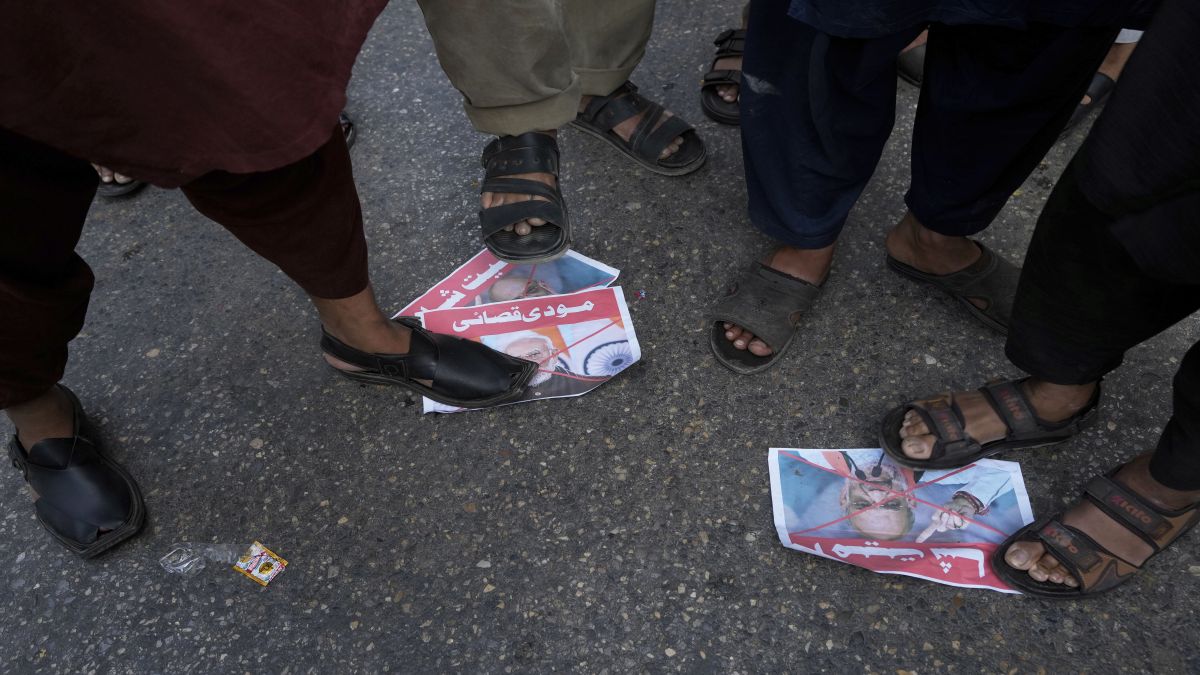)
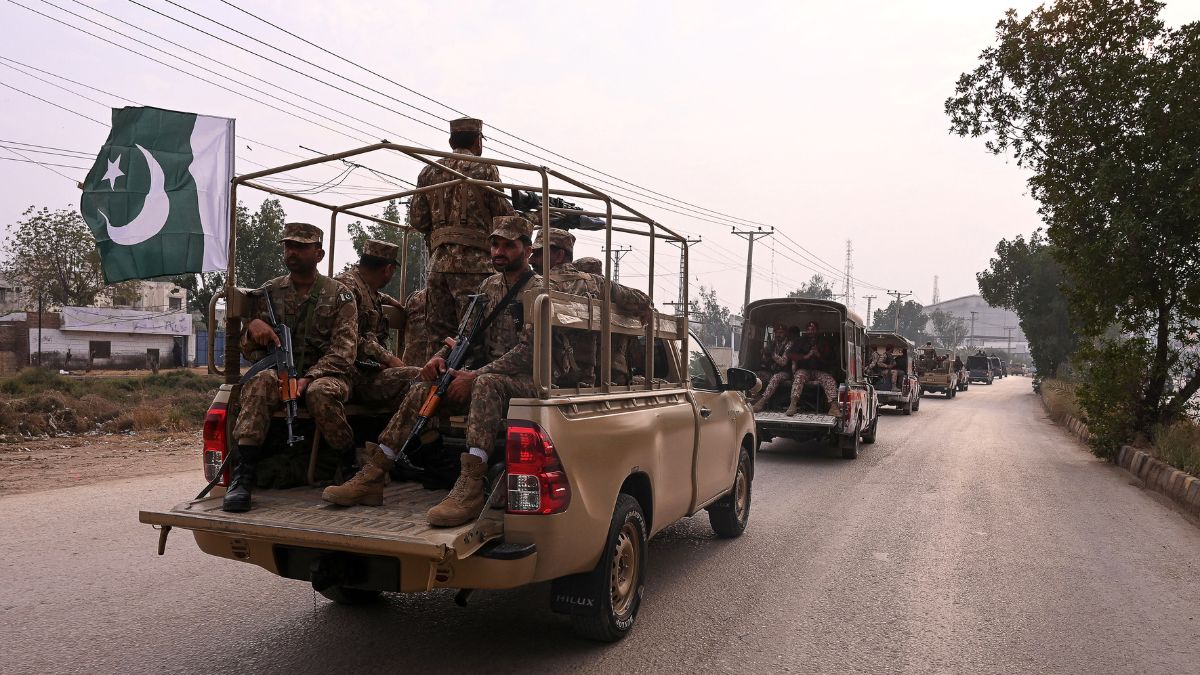)
)
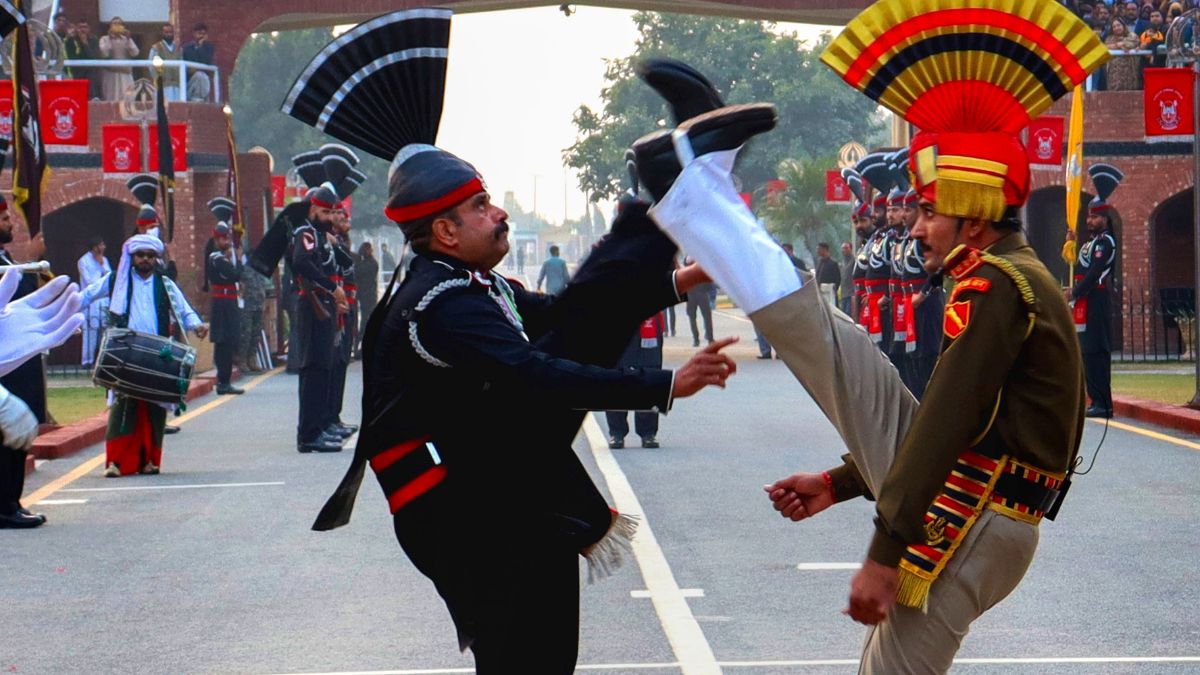)
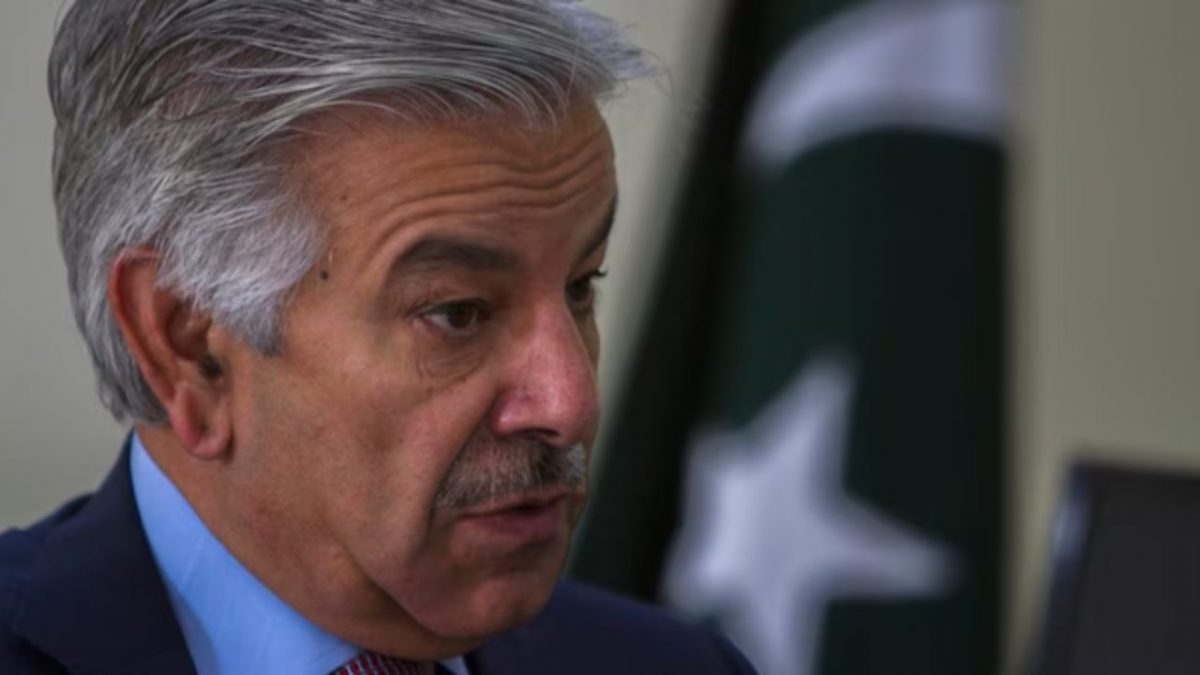)
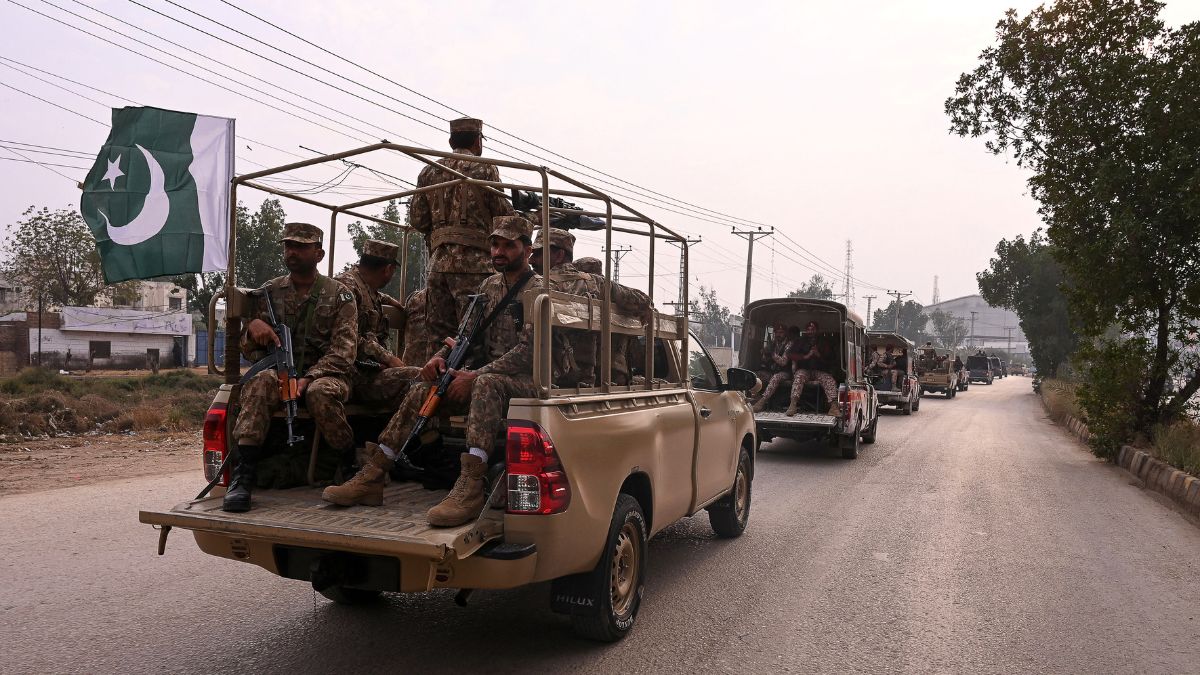)
)
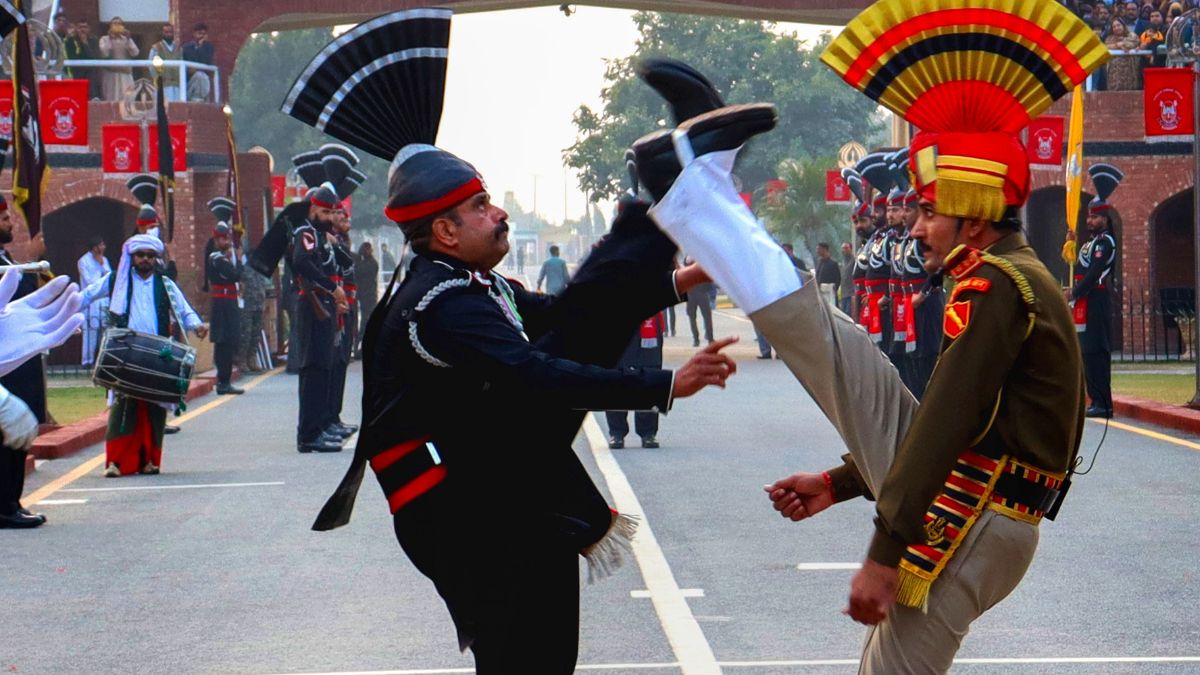)
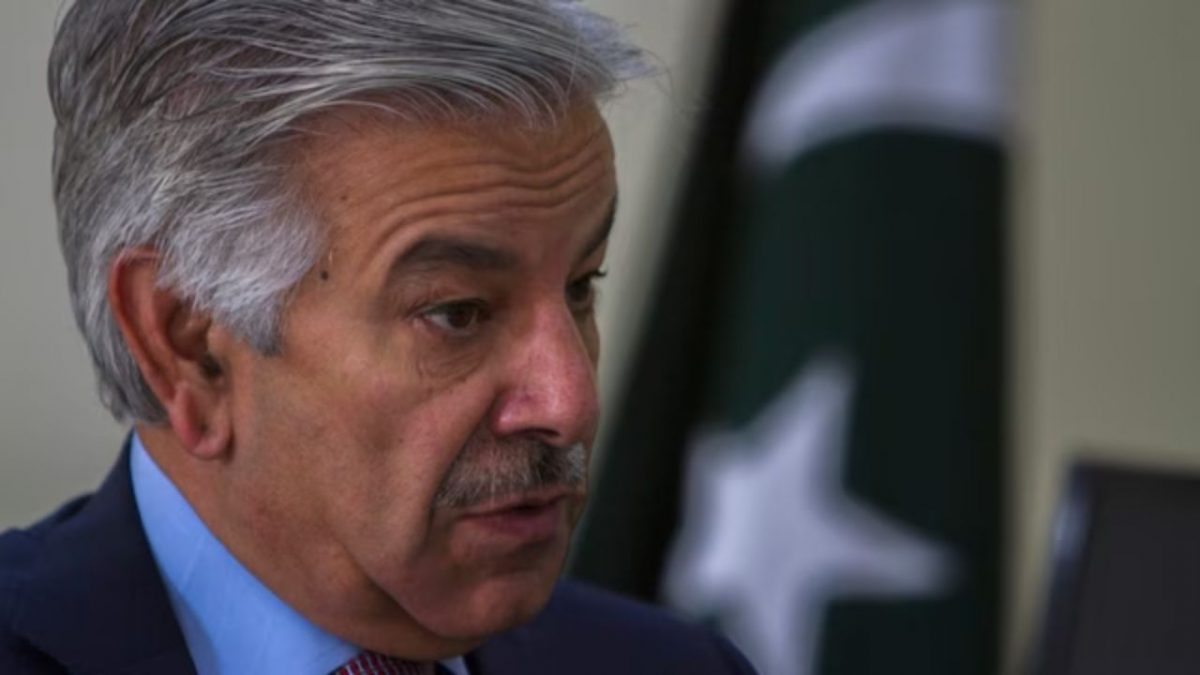)